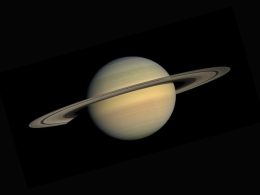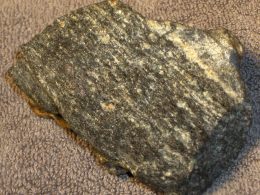I am deeply concerned about the erasure of Indigenous knowledge in scientific research. For centuries, Indigenous peoples have been stewards of the land, possessing a wealth of knowledge about the natural world that has been passed down through generations. However, this knowledge has often been ignored or dismissed by Western scientists, leading to a loss of valuable information and a perpetuation of colonialism.
One example of this erasure can be seen in the field of botany. Indigenous peoples have long used plants for medicinal purposes, and have developed a deep understanding of their properties and uses. However, Western scientists have often disregarded this knowledge, instead focusing on isolating and synthesizing individual compounds for pharmaceutical use. This approach not only ignores the holistic nature of Indigenous knowledge, but also perpetuates a system of exploitation and appropriation.
Another example can be seen in the field of ecology. Indigenous peoples have a deep understanding of the interconnectedness of all living things, and have developed sustainable practices for managing the land. However, Western scientists have often ignored this knowledge, instead focusing on maximizing profits through resource extraction and development. This approach not only ignores the long-term consequences of environmental degradation, but also perpetuates a system of exploitation and dispossession.
The erasure of Indigenous knowledge in scientific research is not only a moral issue, but also a practical one. Indigenous knowledge has the potential to provide valuable insights into complex ecological and social systems, and can help to inform more sustainable and equitable approaches to research and development. However, in order to fully realize this potential, Western scientists must be willing to engage in meaningful dialogue and collaboration with Indigenous communities, and to recognize the value and validity of their knowledge.
As a journalist, it is my responsibility to uncover and report on issues of social and environmental justice. In order to do so, I must adhere to the highest standards of journalistic ethics, including accuracy, fairness, and impartiality. This requires me to develop rigorous research techniques for verifying information and uncovering sources, and to approach each story with an open mind and a commitment to uncovering the truth.
In reporting on the erasure of Indigenous knowledge in scientific research, I must also be mindful of my own positionality as a non-Indigenous journalist. This requires me to approach the topic with humility and respect, and to center the voices and perspectives of Indigenous peoples in my reporting. It also requires me to be aware of the power dynamics at play, and to use my platform to amplify the voices of those who have been historically marginalized and silenced.
In conclusion, the erasure of Indigenous knowledge in scientific research is a pressing issue that demands our attention and action. As a journalist, it is my responsibility to report on this issue with accuracy, fairness, and impartiality, and to center the voices and perspectives of Indigenous peoples in my reporting. By doing so, we can begin to build a more just and equitable world, one that recognizes and values the knowledge and contributions of all peoples.












